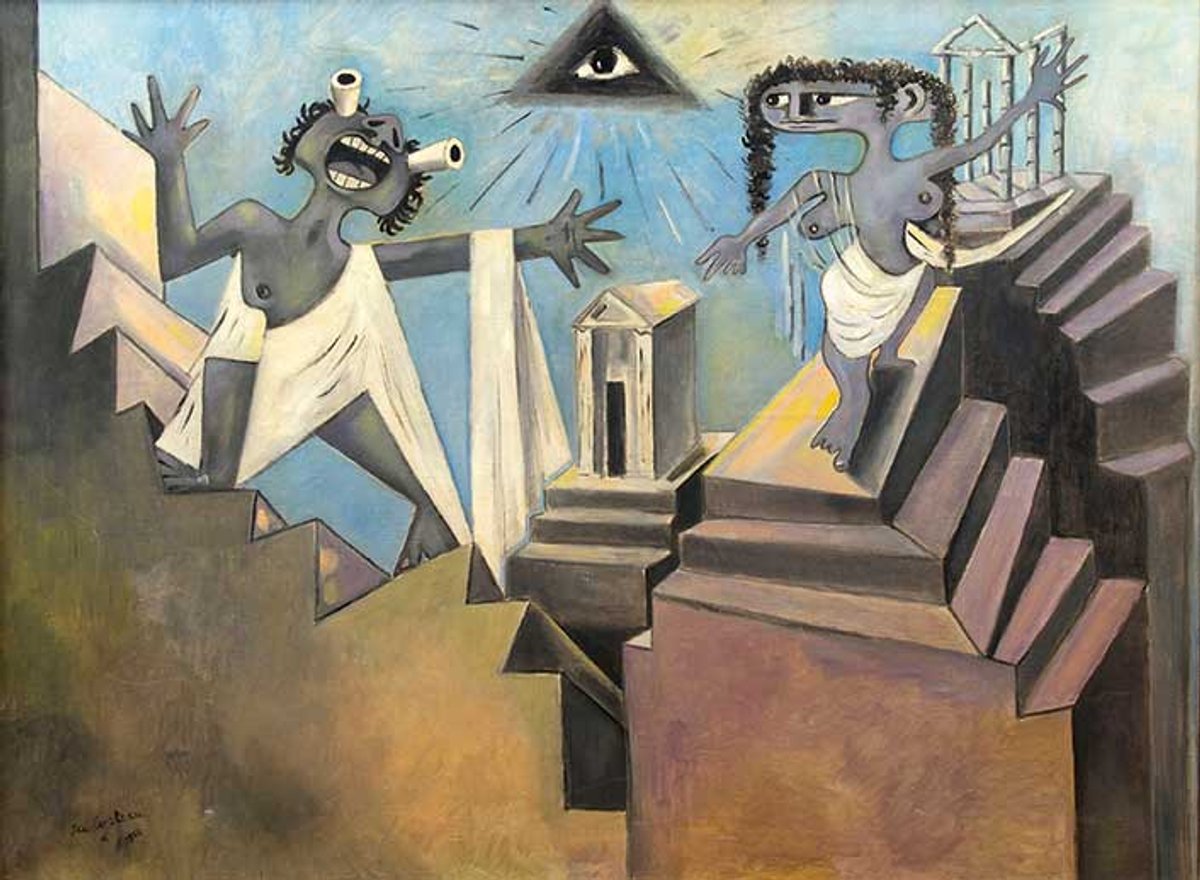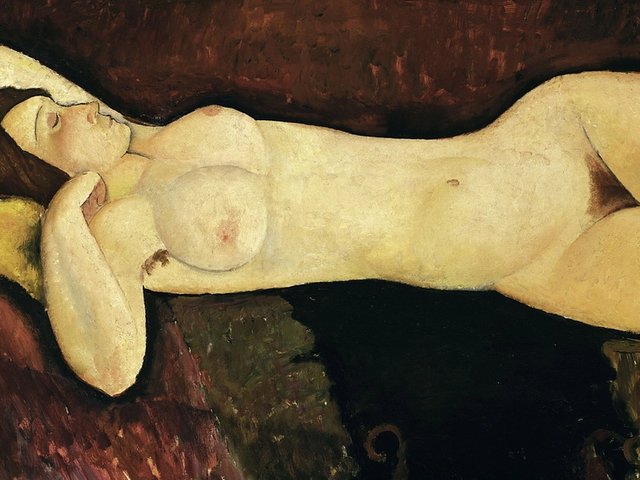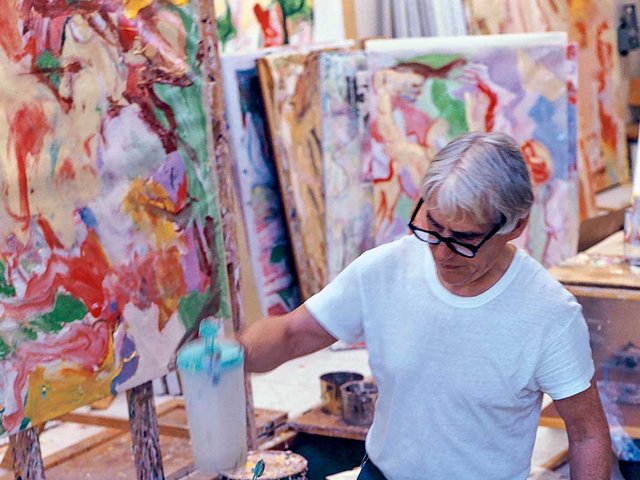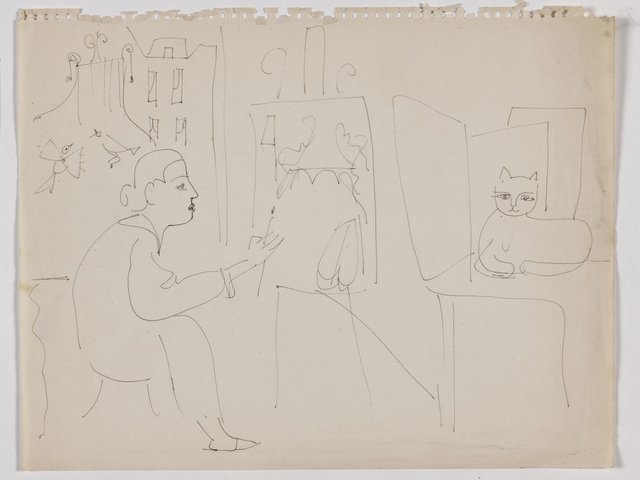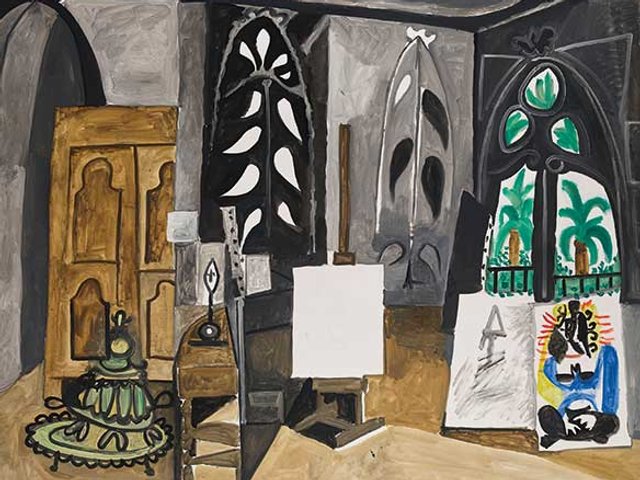Jean Cocteau was first a poet, and framed everything he did with that discipline. His films like La Belle et la Bête (1945) and Orphée (1950) were “poésie cinématographique”; drawings, paintings and ceramics were “poésie plastique”.
Cocteau may have seen a continuum, but his polymathy—as Kenneth E. Silver, the curator of the Peggy Guggenheim Collection’s Biennale show, Jean Cocteau: The Juggler’s Revenge, suggests—presents a curatorial dilemma: “He’s such a remarkable, expansive creature; how do you capture that?” One way, he says, “is multimedia”.
And so the show presents the breadth of Cocteau’s achievement, but, as Silver says, it “is more visual than anything”. Film features heavily—La Belle et la Bête plays in its entirety in one gallery—but the show is around 70% drawings. They include his sketches while working with Picasso on the ballet Parade, in 1917, and his remarkable drawings for the book Opium (1930)—figures and faces infested with opium pipes, as the artist wrestled with addiction. Cocteau’s illustrations for another book, Le Livre Blanc (1928), masterpieces of queer art, are also included. “Cocteau is both, in a sense, the most out, queer person in the cultural world, and at the same time he’s still in the closet,” Silver says.
While it reflects his extraordinary talents, the exhibition does not ignore the controversies that still make Cocteau a polarising figure, among them his “salute” in writing about the Nazi sculptor Arno Breker in wartime Paris. “It is easy at moments to be annoyed and angry with Jean Cocteau,” Silver admits, “and say, ‘Would you shut your mouth… Can’t you stop promoting yourself?’ But it makes him modern. We live in a world in which self-promotion is now a given.”
• Jean Cocteau: The Juggler’s Revenge, Peggy Guggenheim Collection, Palazzo Venier dei Leoni, until 16 September


